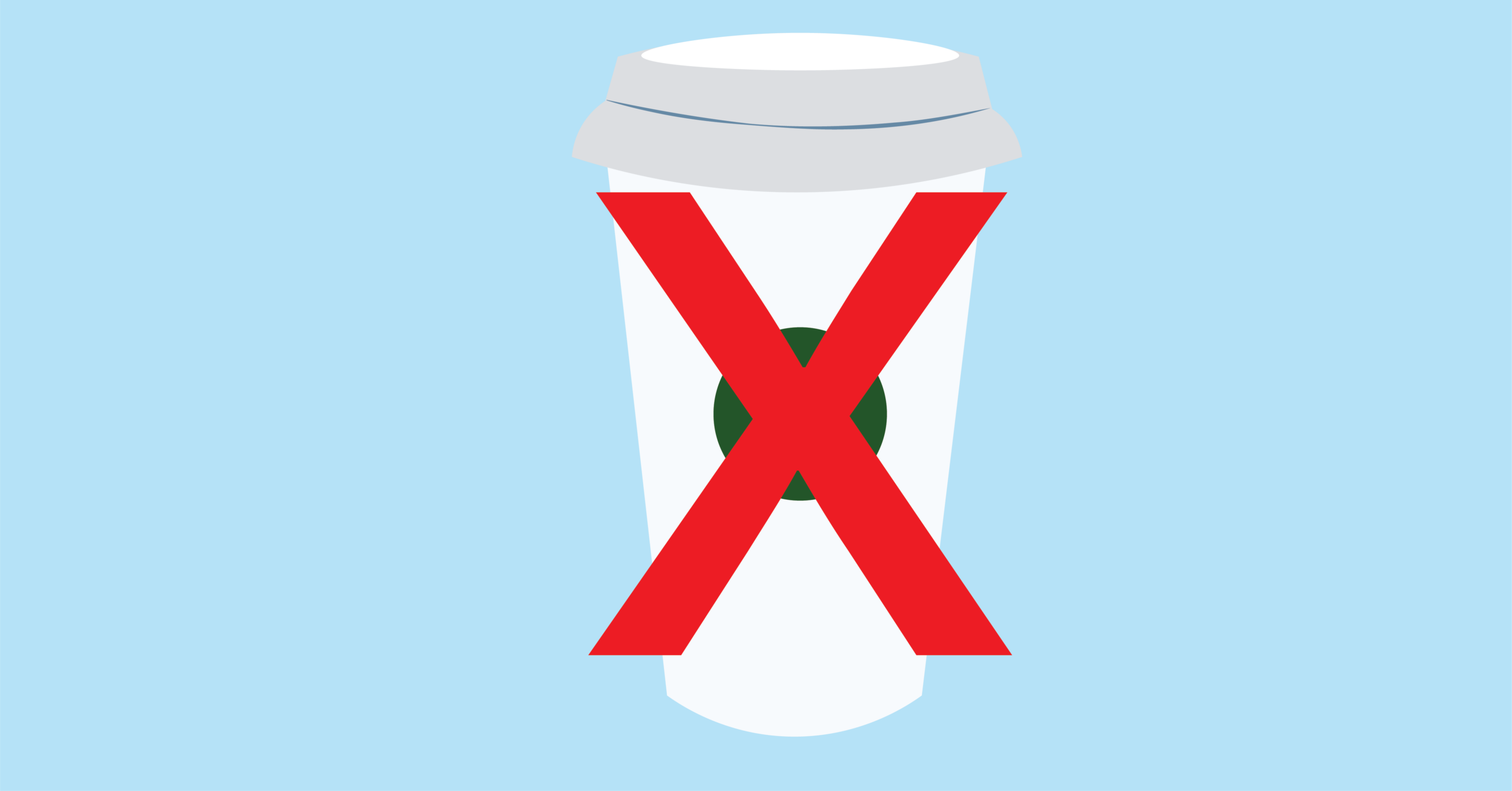Are boycotts worth the work?
The effectiveness of boycotts continues to be questioned, and yet, we are seeing results.
In a world where there seems to be no end to social injustices that need calling out, boycott movements flare up a few times a year and drag in with them the age-old debate of their effectiveness.
Every boycott I’ve participated in has been accompanied by a hurricane of “what’s the point,” “why bother,” and “they don’t even work.” At this point, I think I’d be more surprised if I didn’t encounter skeptics. But that’s the case with most social movements, isn’t it? And boycotts are, at their core, social movements.
When people look at boycotts and evaluate their effectiveness, they tend to look at profit loss and long-term revenue. And don’t get me wrong, these are important aspects to consider as they’re a company’s main priority. A company that loses money is a company more willing to implement the change its consumers are asking for. But looking at boycotts from only an economic perspective clouds the true purpose of boycotts. Yes, boycotts are a movement intended to financially pressure a company, but they’re also a way for consumers to voice their dissatisfaction, and to bring public attention to a larger social movement.
In an interview discussing the effectiveness of boycotts, Professor Americus Reed, a marketing professor at the Wharton School of Business, stated that major brands are powerful enough to “tell the world these are our values. And you’re either with us. Or if you’re not with us, that’s fine as well. But we’re going to be very clear… speaking to the consumers, [saying] that this is what we stand for. Jump on board or not.” But just as a brand can say this to its consumers, the consumers can return the sentiment. Boycotts, a form of peaceful protest, are legal under Canadian Law. In the United States, Boycotts are permitted under the consumer’s right to be heard and the civilian’s rights to free speech and association. We boycotters are motivated, not only by the concept of bringing about social change but also by the concept of clearly demonstrating our dissatisfaction, regardless of effectiveness. And in many cases, these calls have been successful.
Some of history’s rather significant social changes have been the result of successful boycotts, among the most notable being the 1955 Montgomery Bus boycotts, sparked by Rosa Parks’ arrest and ultimately resulting in the passage of a law that prohibited any type of racial segregation in Montgomery Public Transport. The 1959 Anti-Apartheid Boycott lasted 35 years, with consumers actively avoiding South African products, resulting in the oppressive government’s dismantling in 1994. More recently, 2016 saw the end of the Orca breeding programs at SeaWorld in response to a public boycott. In 2018, multiple airlines, including Delta and Hertz, cut ties with the National Rifle Association (NRA) following the NRA’s stance against student gun control activists in the wake of the Parkland high school shooting. With a plethora of examples throughout history boasting success, it’s clear that boycotts can be effective, provided they have enough support from the people participating in them.
So, what does this mean in the context of the Palestinian Genocide? With the conflict nearing the end of its fourth month, protestors have been participating in extended boycotts against companies supporting Israel, such as HP, AXA, and SodaStream, among others. But with the genocide continuing as it is, people wonder if these boycotts are having any effect. I would argue, yes. Companies such as McDonalds and Starbucks are seeing a decline in revenue, and in some cases, have had to remove entire franchises from countries. We’re also seeing consistent attention directed to the situation in Palestine. The social media and news attention garnered by these boycotts has pushed the genocide in Gaza to the front of people’s screens, making it impossible to ignore. And what greater sign is there of success than the US government attempting to ban boycotts themselves?
The US anti-boycott requirements, while not new, have recently made a comeback with the rising amount of boycott participants against Israel-supporting companies. Previously only punishing businesses who actively refused to participate in business with Israel, these regulations are now targeting consumers as well, in an attempt to “prevent […] U.S. persons from advancing foreign policies of other nations that run counter to U.S. policy.”
Now I don’t know about you, but I see enforcing consumer behavior as a direct contradiction to both consumer and individual rights. Are consumers not allowed to choose where they can and cannot shop? Are citizens not allowed to express dissatisfaction? It makes me wonder how such a regulation will be enforced. But one thing is for certain: clearly, the boycott movement is so successful that the government is paying attention! How’s that for the skeptics?

